Food has an important role to play when it comes to fuelling our bodies. But it does more than just that. In fact, there may even be a connection between good nutrition and academic performance [1]. Nutritionist, Gina Camfield (ANutr), investigates how food might have the power to boost our brain, particularly when it comes to studying and exams.
Focus
Certain foods, some of which are listed below, may help us to concentrate throughout the day.
Oily fish: Salmon, mackerel, sardines and herrings are all packed full of omega 3’s which have been proven to support brain function.
Eggs: A source of choline; a vitamin that helps brain cells talk to each other. Eggs also provide us with protein which keeps us feeling fuller for longer.
Nuts and seeds: One study found that eating nuts (particularly walnuts) on a regular basis strengthens brainwaves associated with understanding and learning [2].
Berries: Flavonoid containing berries such as blueberries can help us focus and improve our memory [3].
Green tea: Contains an amino acid called L-theanine, which has been found to help reduce stress, improve our mood and strengthen attention [4].
Caffeine: Might raise our concentration levels every now and then but be aware of the dips that can often follow when the caffeine wears off. Also be cautious of drinking caffeine too late in the day as it could affect your sleep.
Hydrate: As little as 2% dehydration will reduce our ability to concentrate. It’s recommended that we drink at least 6-8 glasses of water a day and more in hot weather or when exercising.
Energy
Having more energy will help keep us motivated to revise and enable us to thrive when it comes to exam day. We can boost our energy levels by getting a wholesome, varied and balanced diet, but relishing some of the following may help even more.
Eat at regular intervals to keep energy levels topped up
Ensure you have a good supply of iron containing foods during the day as iron deficiency can lead to you feeling tired. Red meat, green vegetables, nuts, dried fruit, legumes and fortified cereals are good sources of iron.
Nurture your gut: Our gut and brain are connected, so they work together. You can look after your gut by including a variety of food groups, plenty of fruit and veg along with some fermented foods such as yoghurt, kefir, kimchi or sauerkraut.
Top tips to be exam ready
Have a nutritious breakfast: Research suggests that students who have a nutritious breakfast may have better performance in memory tests and exams [5]. Start the day right with a meal packed full of brain boosting nutrients such as oats, berries, salmon, eggs, nuts and seeds. Click here for recipes from our team.
Keep hydrated: Have a bottle on your desk to act as a constant reminder throughout the day to keep drinking water. Did you know that you can also hydrate through food?
Variety: The more colour in your diet the better. This way you’ll be getting the range of nutrients that your body needs to function optimally, including your brain.
Fuel regularly: This will help avoid dips in energy levels which could throw you off track when it comes to exams or studying. Factor time into your schedule as a reminder to refuel but to also take a break.
Sleep well: Getting a good night’s sleep will set you up right for the next day. Improve your sleep hygiene through good nutrition, setting a sleep routine and avoiding factors such as caffeine and blue light too close to bedtime.
Why not try some of these tips to give your brain the fuel that it deserves!
[1] Asigbee FM, Whitney SD, Peterson CE. The Link Between Nutrition and Physical Activity in Increasing Academic Achievement. J Sch Health. 2018 Jun;88(6):407-415. doi: 10.1111/josh.12625. PMID: 29748999
[2] Berk, L., Lohman, E., Bains, G., Bruhjell, K., Bradburn, J., Vijayan, N., More, S., Patel, K., Dhuri, S., Mourya, S., Park, G., Gujaran, A. and Nikam, S. (2017), Nuts and Brain Health: Nuts Increase EEG Power Spectral Density (μV&[sup2]) for Delta Frequency (1–3Hz) and Gamma Frequency (31–40 Hz) Associated with Deep Meditation, Empathy, Healing, as well as Neural Synchronization, Enhanced Cognitive Processing, Recall, and Memory All Beneficial For Brain Health. The FASEB Journal, 31: 636.24-636.24.
[3] Bakoyiannis, I., Daskalopoulou, A., Pergialiotis, V. & Perrea, D. (2018) Phytochemicals and cognitive health: are flavonoids doing the trick? Biomedicine & Pharacotherapy. 109: 14488-1497. Doi: 10.1016/j.biopha.2018.10.086.
[4] Mancini E, Beglinger C, Drewe J, Zanchi D, Lang UE, Borgwardt S. Green tea effects on cognition, mood and human brain function: A systematic review. Phytomedicine. 2017 Oct 15;34:26-37. doi: 10.1016/j.phymed.2017.07.008. Epub 2017 Jul 27. PMID: 28899506.
[5] Rampersaud GC, Pereira MA, Girard BL, Adams J, Metzl JD. Breakfast habits, nutritional status, body weight, and academic performance in children and adolescents. J Am Diet Assoc. 2005 May;105(5):743-60; quiz 761-2. doi: 10.1016/j.jada.2005.02.007. PMID: 15883552
Want to learn more?

